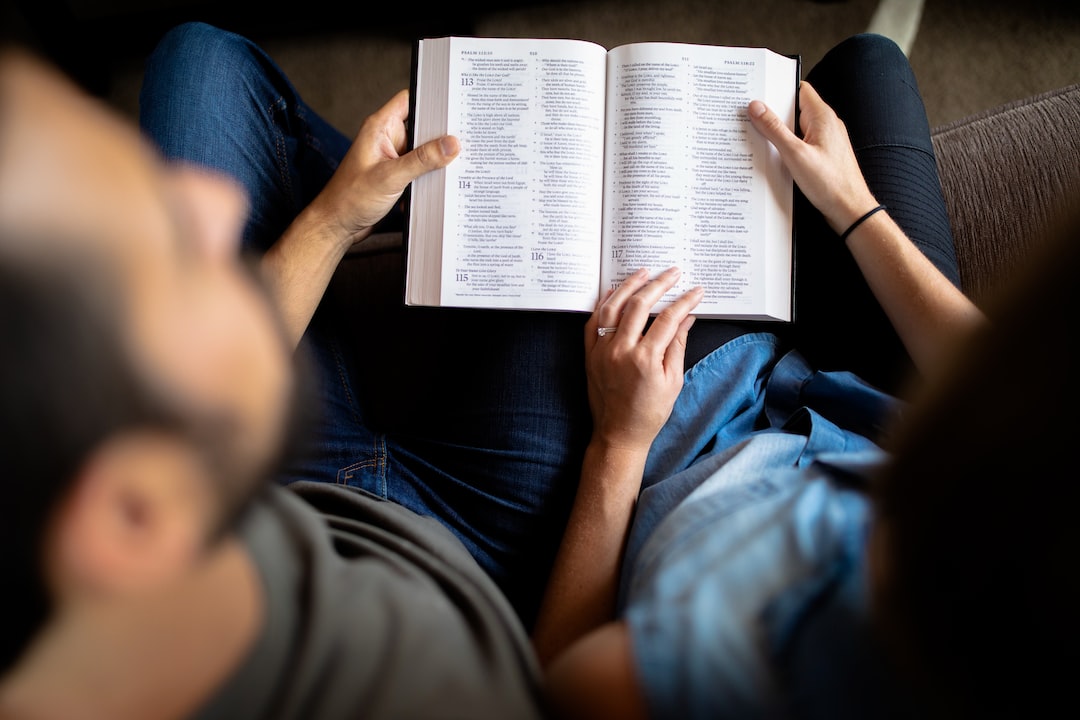The Significance of Rituals and Ceremonies in Religious Practices
Religion is often seen as a deeply personal and spiritual experience. It provides individuals with a sense of purpose, meaning, and guidance in their lives. One of the key aspects that play a significant role in religious practices are ritual ceremonies. These rituals and ceremonies hold great importance and significance for individuals and communities, serving as a means to express, reinforce, and connect with their beliefs. In this blog post, we will delve into the significance of rituals and ceremonies in religious practices.
Rituals and ceremonies are powerful tools that allow individuals to connect with the divine and the supernatural. These practices provide a tangible and sensory experience that helps believers feel a connection to a higher power. For example, in Christianity, the ritual of baptism is performed to symbolize the purification and rebirth of an individual into the faith. This physical act serves as a powerful representation of their commitment to the religion and their desire to live a spiritually fulfilling life.
Moreover, rituals and ceremonies serve to create a sense of community and solidarity among believers. People come together to participate in these practices, fostering a sense of belonging and unity. It is through these shared experiences that individuals find comfort, support, and a shared purpose. Whether it is the lighting of Diwali lamps in Hinduism, the Friday prayers in Islam, or the Holy Communion in Christianity, these rituals bring people together in a collective celebration of their faith.
Rituals and ceremonies also act as a means of conveying important teachings and values. Through the performance of specific actions and symbols, religious rituals communicate moral and ethical principles to believers. Take, for instance, the Seder meal in Judaism during Passover. Each element of the meal, such as the unleavened bread and bitter herbs, carries a symbolic significance that reminds participants of the struggles and liberation experienced by their ancestors. By partaking in these rituals, individuals are reminded of the core values and teachings of their religion, and they are encouraged to incorporate these principles into their daily lives.
Furthermore, rituals and ceremonies provide a sense of structure and order in religious practices. They establish a framework for believers to engage with their faith and create a rhythm in their spiritual journey. These practices often have a set order of actions, prayers, chants, or gestures that guide individuals through the process. This structured nature ensures that religious practices are carried out consistently, offering individuals a sense of stability and continuity. The repetition of these rituals allows believers to deepen their connection with the divine and find solace in the familiarity and predictability of the ceremonies.
In addition, rituals and ceremonies offer a means of personal transformation and growth. By actively participating in these practices, individuals are invited to reflect on their own beliefs, values, and experiences. These rituals often involve self-introspection, repentance, and forgiveness, allowing individuals to shed negativity, seek forgiveness, and strive for self-improvement. For instance, the Hajj pilgrimage in Islam is not only a physical journey to the holy city of Mecca but also a spiritual journey of self-discovery, humility, and surrender to God.
Lastly, rituals and ceremonies act as a means of preserving cultural heritage and tradition. They serve as a link to the past and connect present-day believers with their ancestors. These rituals are often passed down through generations, embodying the customs, practices, and beliefs that have been cherished for centuries. By participating in these rituals, individuals pay homage to their cultural roots and reinforce their cultural identity.
In conclusion, rituals and ceremonies play a significant role in religious practices. They offer a means for individuals to connect with the divine, create a sense of community, convey important teachings, establish structure, enable personal growth, and preserve cultural heritage. These practices are at the heart of religious experiences, providing a tangible and profound way for individuals and communities to express and strengthen their faith.
